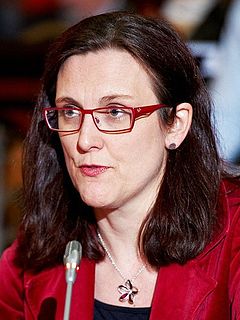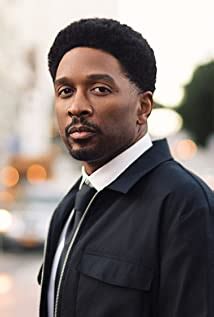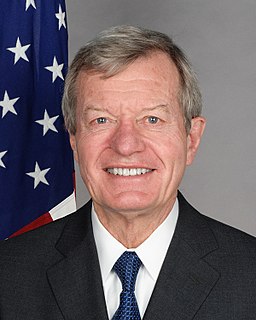A Quote by Kersti Kaljulaid
Globally, we need to make sure that markets are open... If we see that there are restrictions on free trade, then simple economic logic will demonstrate that this is not beneficial.
Quote Topics
Related Quotes
We spoke about economic sanctions only recently in Lima, within the framework of APEC. Almost all the leaders represented at APEC (the Asia Pacific region), Pacific countries, spoke about the same thing, namely, that we are going through a very acute crisis in world trade, international trade, related, among other things, to restrictions on the markets of certain countries.
The international institutions go around the world preaching liberalization, and the developing countries see that means open up your markets to our commodities, but we aren't going to open our markets to your commodities. In the nineteenth century, they used gunboats. Now they use economic weapons and arm-twisting.
Free trade holds much of the blame for continued international conflict. Markets are said to possess wisdom that is somehow superior to man. Those of us in business who travel in the developing world see the results of such western wisdom and have a rumbling disquiet about much of what our economic institutions have bought into.
































